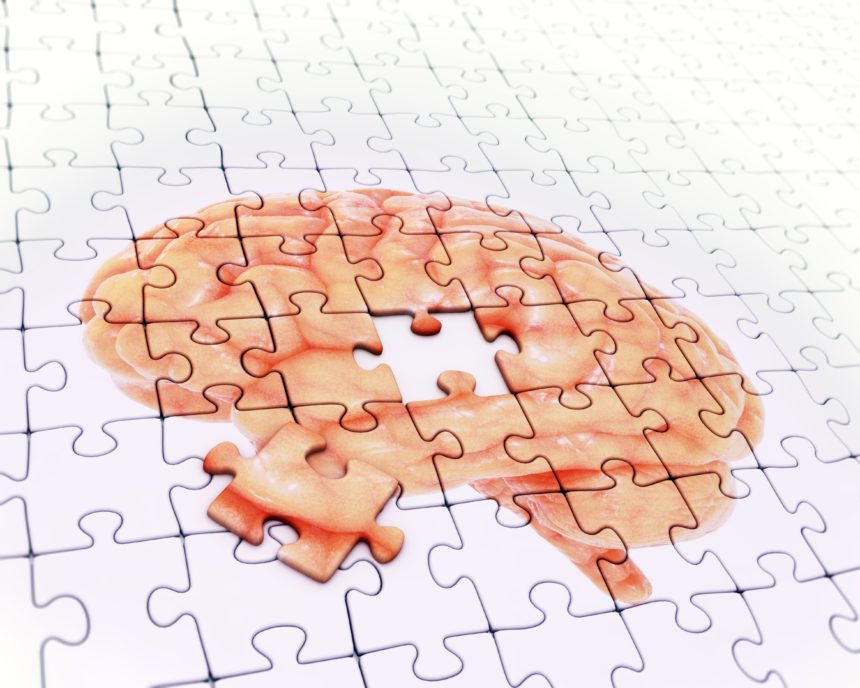
Older people who had the herpes simplex virus at some point in their lives are twice as likely to develop dementia later in life than those who were never infected with the virus, according to a new Swedish study.
Researchers from Uppsala University studied more than 1,000 70-year-old residents living in Sweden over a period of 15 years. They found those individuals with the herpes simplex virus had double the risk for dementia than those who were never infected with the virus.
“What’s special about this particular study is that the participants are roughly the same age, which makes the results even more reliable since age differences, which are otherwise linked to the development of dementia, cannot confuse the results,” Erika Vestin, a medical student at Uppsala University and study lead author, said in a news release.
The study, which appeared Wednesday in the Journal of Alzheimer’s Disease, builds on previous research that suggests that herpes simplex virus could be a possible risk factor for dementia, which afflicts about 55 million people globally, according to the World Health Organization.
“More and more evidence is emerging from studies that, like our findings, point to the herpes simplex virus as a risk factor for dementia,” Vestin said.
Herpes simplex virus is a common infection that causes painful sores or blisters around the mouth or genitals.
The study did not find a similar increased risk between cytomegalovirus, a herpes virus often associated with chickenpox, and dementia.
The study authors say their findings warrant further investigation into whether the treatment and prevention of herpes simplex could reduce the risk of dementia in older adults.
“The results may drive dementia research further towards treating the illness at an early stage using common anti-herpes virus drugs, or preventing the disease before it occurs,” said Vestin in the release.



